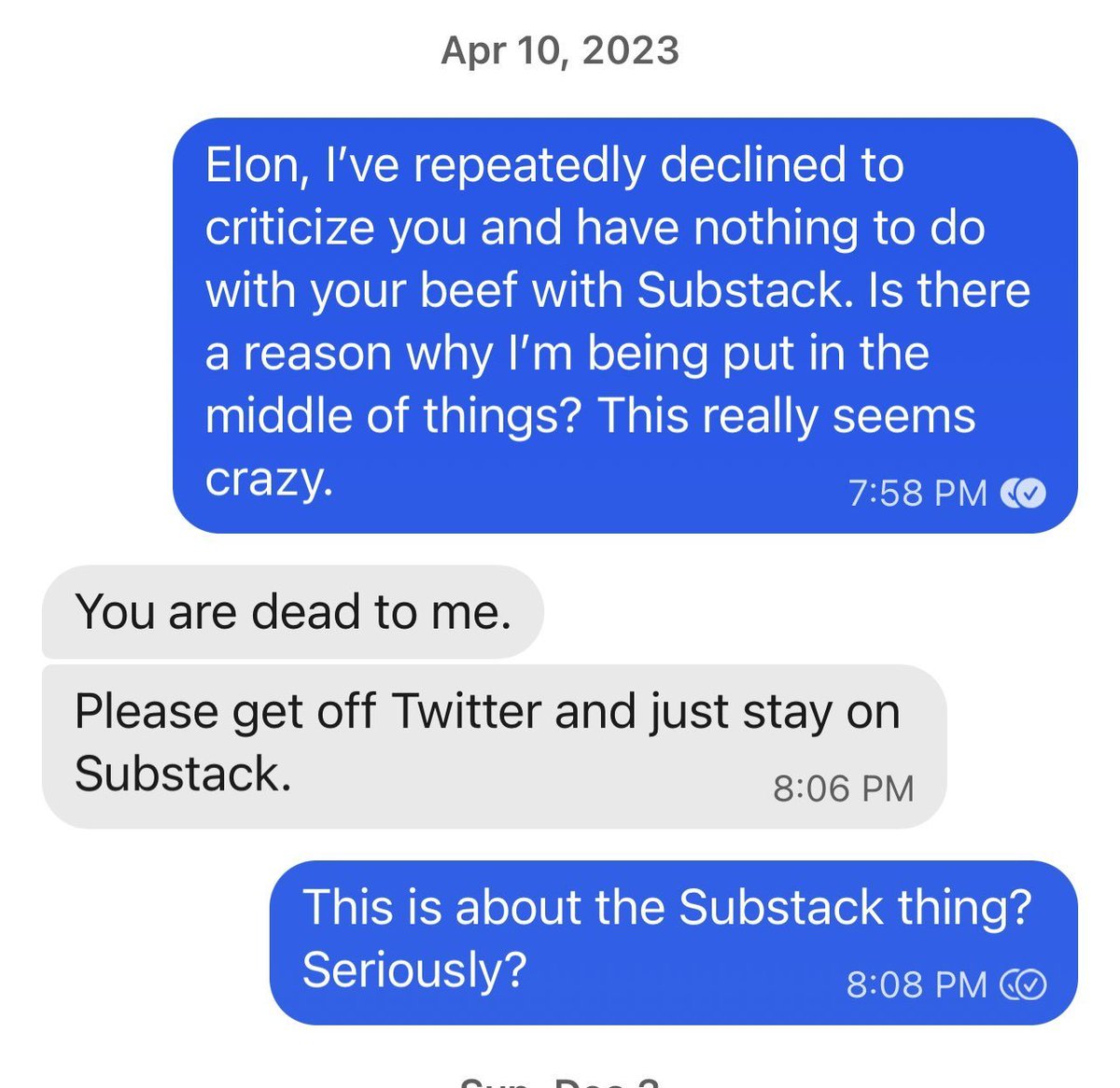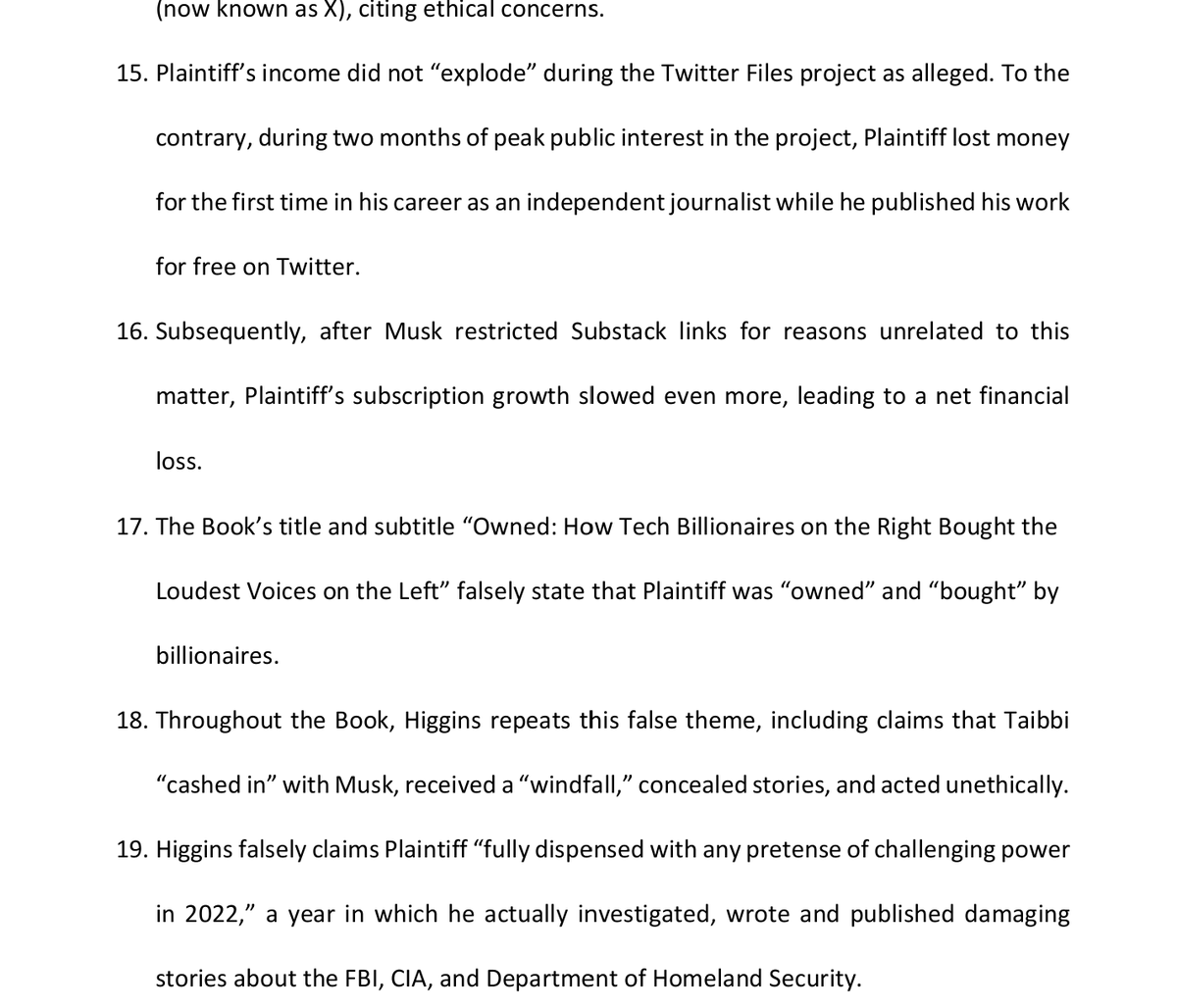The 11th circuit said the reason this was not a poll tax was because the fines were part of a felon's punishment. There's no rule against paying off someone else's fines, even if it incidentally means they can now vote.
https://twitter.com/TooMuchMe/status/1308849621041590276
And it's not an incentive to vote because the felon doesn't have to make any promises to get the fine paid.
Indeed there are some people in the world who might see millions of dollars being paid into court systems and victim's funds from out of state as a good thing.
The presumption of regularity is hard to get past, but it's difficult to imagine an AG caring about these payments if the goal were not to deter voting.
This would be like if polling locations were only reachable by helicopter, and you prosecuted people for providing helicopter rides.
• • •
Missing some Tweet in this thread? You can try to
force a refresh








